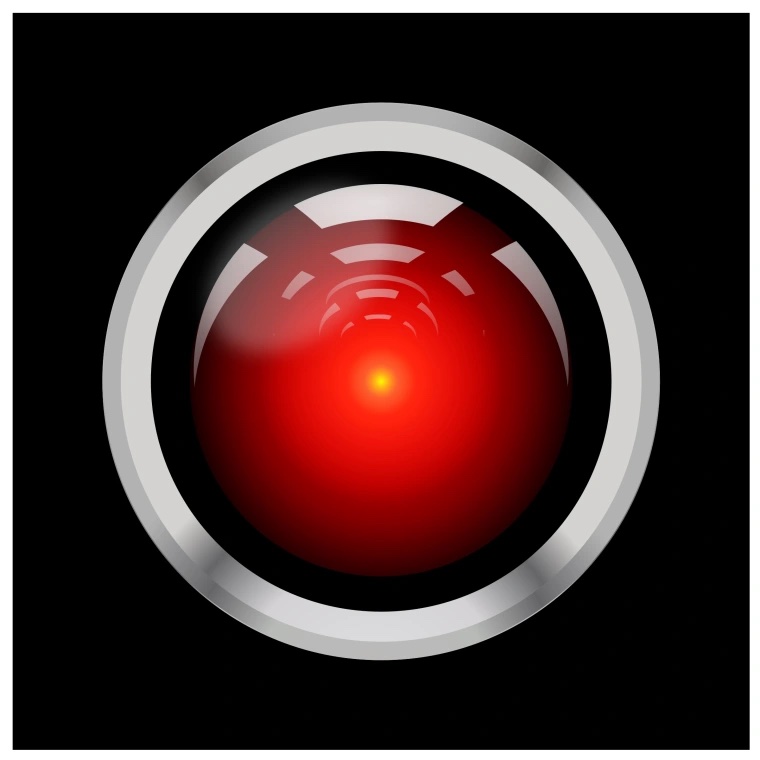The Guardian article, titled “Weizenbaum’s Nightmares: How the Inventor of the First Chatbot Turned Against AI,” provided me with a historical journey that shed light on the origins of AI. Reflecting on AI today, I’m struck by the current boom in this ultramodern field, which seems to have emerged primarily in the last decade. However, it was fascinating to discover that the birth of AI actually predates this recent surge, with many talented scientists like Joseph Weizenbaum laying the groundwork decades ago. Weizenbaum was a visionary who recognized early on that the dangers of AI lay not just in its technology but in its underlying ideology.
Weizenbaum’s perspective heavily influences the first school of thought mentioned in the article, emphasizing the need to address the immediate risks associated with AI. For example, there’s concern about machines being trained on biased data sourced from the internet, perpetuating racism and sexism. The second school of thought focuses on the potential for AI to become hyperintelligent, posing a danger to human society, akin to the fictional “Skynet” from the Terminator series. This perspective is more speculative, and doomsday scenarios are far from reality with current AI technology. The first school of thought appears more realistic and pragmatic, focusing on addressing the tangible harms AI is causing in the present while considering future implications. The article from Gizmodo highlights some issues within the AI industry, such as exploiting workers with wages as low as $2 per hour. While popular media and culture tend to focus on AI becoming sentient and posing a threat to humanity, the issues confronting AI today revolve around workforce exploitation, the use of biased training data sets, and an unhealthy fixation on humanizing AI. There’s a competitive race among companies to be the first to develop a “realistic” artificial intelligence driven by a desire for fame and recognition, regardless of the potential costs involved.
Furthermore, the military’s involvement in developing cutting-edge AI technology raises concerns, as prioritizing the interests of niche groups can create deadly technologies that overlook more significant societal issues. Weizenbaum stated, “The programmer has a kind of power over a stage incomparably larger than that of a theatre director.” This quote from him highlights the significant responsibility inherent in AI development and emphasizes the necessity of diversity in the AI development process. Given the rapid pace of AI advancement, it’s crucial for policies to keep pace. I agree with Weizenbaum’s assertion that not everything should be automated, even if it’s technically feasible. The challenge lies in collectively determining what should be automated and what shouldn’t. What criteria and boundaries should guide these decisions? And, to the bigger question: Who should develop AI? These are questions that demand thoughtful deliberation and collective collaboration long before we proceed with further advancements in AI development.

Leave a Reply